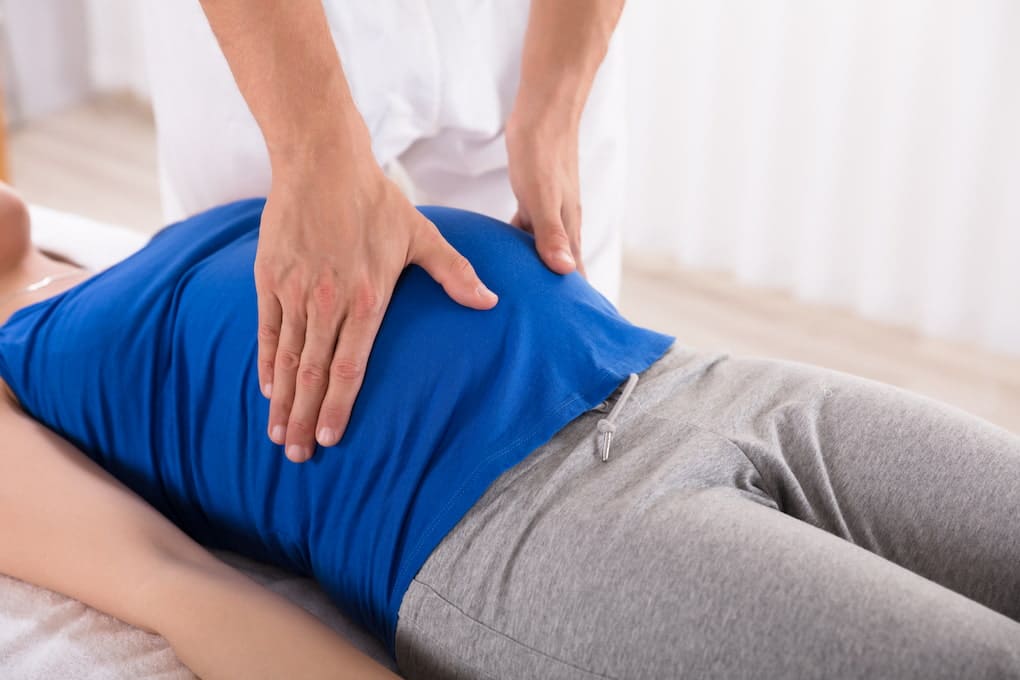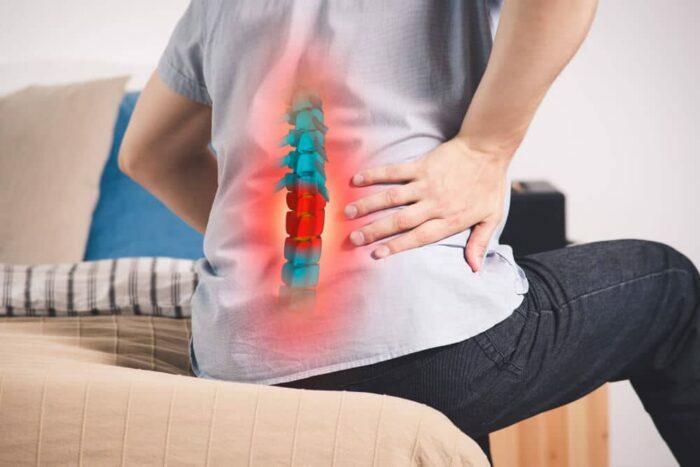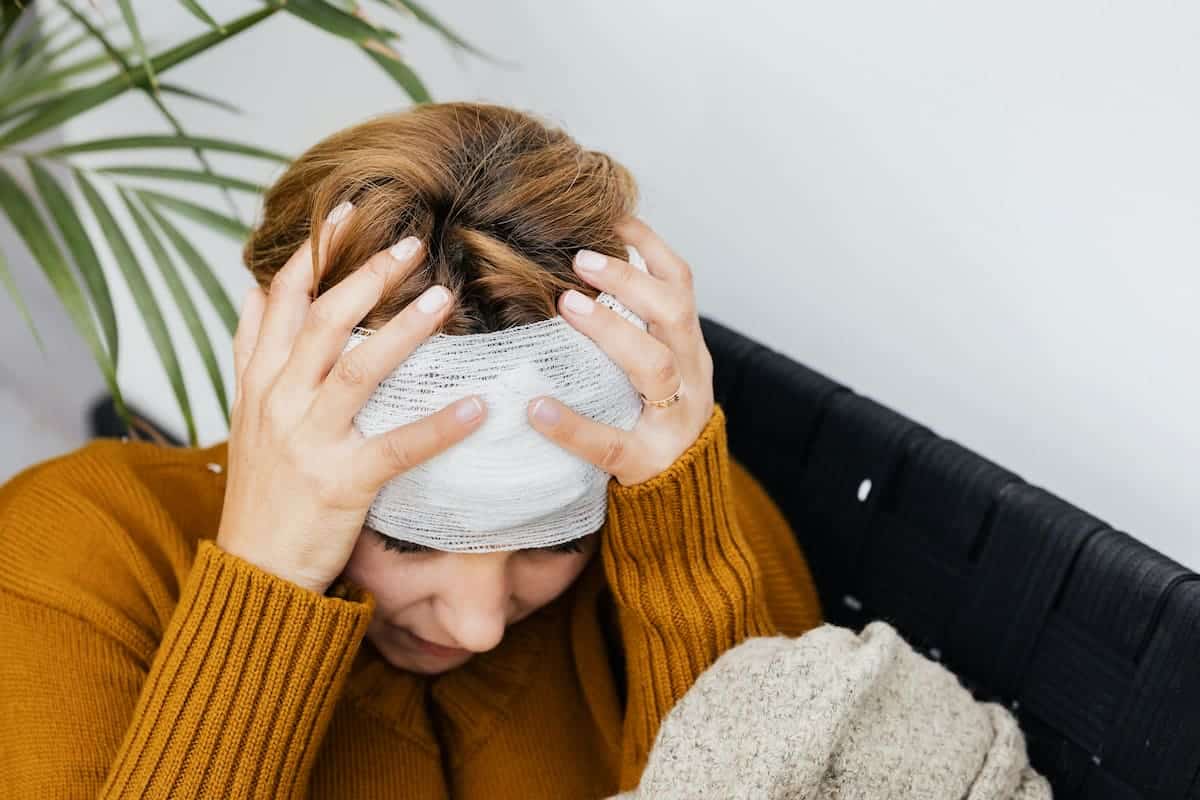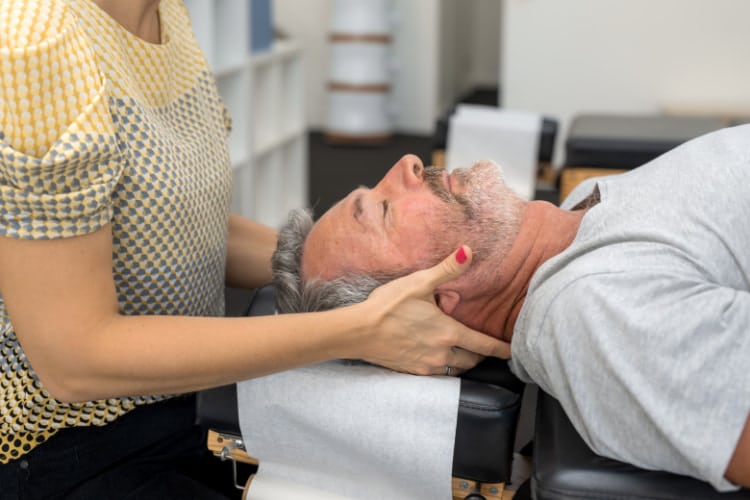

Disc herniations are a common cause of back pain and discomfort among people of all ages. The spinal column is made up of bones called vertebrae that are stacked on top of each other. The discs in between the vertebrae act as cushions, providing shock absorption and flexibility to the spine. However, when one of these discs gets damaged, the material can leak out causing a herniation.
1. Aging: As we age, the discs in our spine become less flexible and more prone to damage. This can cause tears in the outer layer of the disc, allowing the inner material to leak out and cause a herniation.

2. Trauma: Accidents and injuries such as falls or car accidents can cause disc herniations. This can happen due to a sudden impact that puts excessive force on the spinal discs.
3. Repetitive stress: Certain activities that involve repetitive motions such as twisting or lifting can cause damage to the spinal discs over time. This is especially true for people who work in physically demanding jobs or participate in sports that involve a lot of twisting or turning.
4. Poor posture and body mechanics: Poor posture and improper body mechanics can place extra stress on the spine, leading to potential damage to the spinal discs. For example, constantly slouching or hunching over a computer can contribute to disc herniations.
5. Genetics: In some cases, certain people may be more prone to disc herniations due to their genetics. If a family member has a history of back problems, you may be more likely to experience similar issues.
In conclusion, disc herniations can be caused by a variety of factors including aging, trauma, repetitive stress, poor posture and body mechanics, and genetics. While some of these factors are beyond our control, there are steps we can take to help prevent disc herniations such as maintaining proper posture, practicing good body mechanics, and staying active with proper exercise techniques. In some cases, herniated disc treatment such as physical therapy, medications or injections may be necessary to relieve pain and correct the underlying issue. If you are experiencing back pain or suspect you may have a disc herniation, it’s important to consult with a healthcare provider for proper evaluation and treatment.



Call us today at (386)-320-0325 for relief of your whiplash symptoms or for assistance in reaching optimal health.
